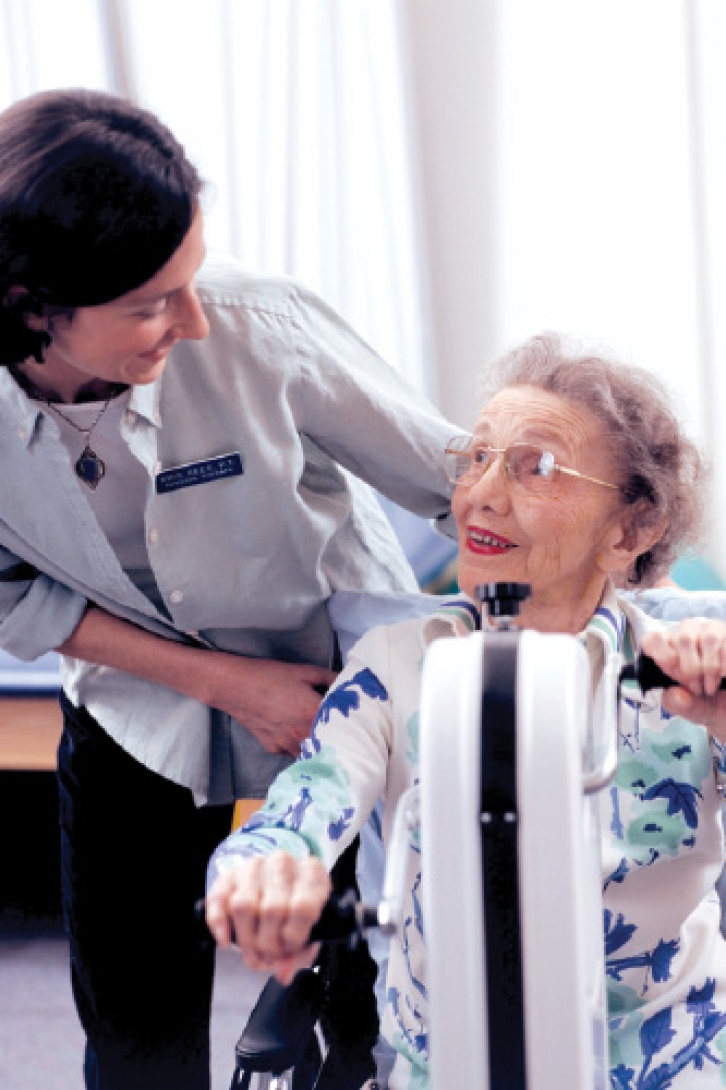
One of the primary objectives of cardiopulmonary physical therapy is to improve cardiovascular endurance. After surgery, individuals may face reduced endurance, making everyday tasks feel more tiring. Through a meticulously planned exercise program, physical therapists assist individuals in gradually increasing their activity levels. This may consist of exercises such as walking, bicycling, or targeted respiratory activities. These exercises not only help build strength but also boost respiratory capacity, which is vital for guaranteeing that the body gains enough air.
Moreover, cardio-pulmonary physical therapy highlights the significance of breathing techniques. Many post-operative individuals may find it difficult with full respiration due to pain or limited movement. Physical therapists instruct individuals how to execute deep breathing activities, which can facilitate expand the lungs and eliminate any mucus that may have their website built up during the recovery process. Proper breathing methods are essential to avoid issues such as pneumonia, which can occur if the pulmonary system are not operating optimally. By concentrating on these techniques, individuals can enhance their healing and general lung health.
Another key component of this type of therapy is education. Physical therapists provide important insight about the recovery process, including what patients can anticipate during recovery. They explain how to recognize warning signs that may signal issues, helping individuals feel more in control of their health. Understanding the role of exercise in healing allows individuals to assume an active part in their healing journey. This empowerment is crucial for fostering self-assurance and encouraging a constructive outlook during recovery.
In conclusion, cardiopulmonary physical therapy is an essential aspect of post-operative rehabilitation for patients undergoing heart and lung procedures. By focusing on enhancing heart and lung endurance, teaching breathing techniques, and providing education, therapists empower patients to take control of their healing. This specialized treatment not only assists in bodily recovery but also enhances emotional well-being, making the journey of recovery easier and more bearable. With the appropriate assistance and direction, individuals can effectively restore their vitality and go back to their regular activities.